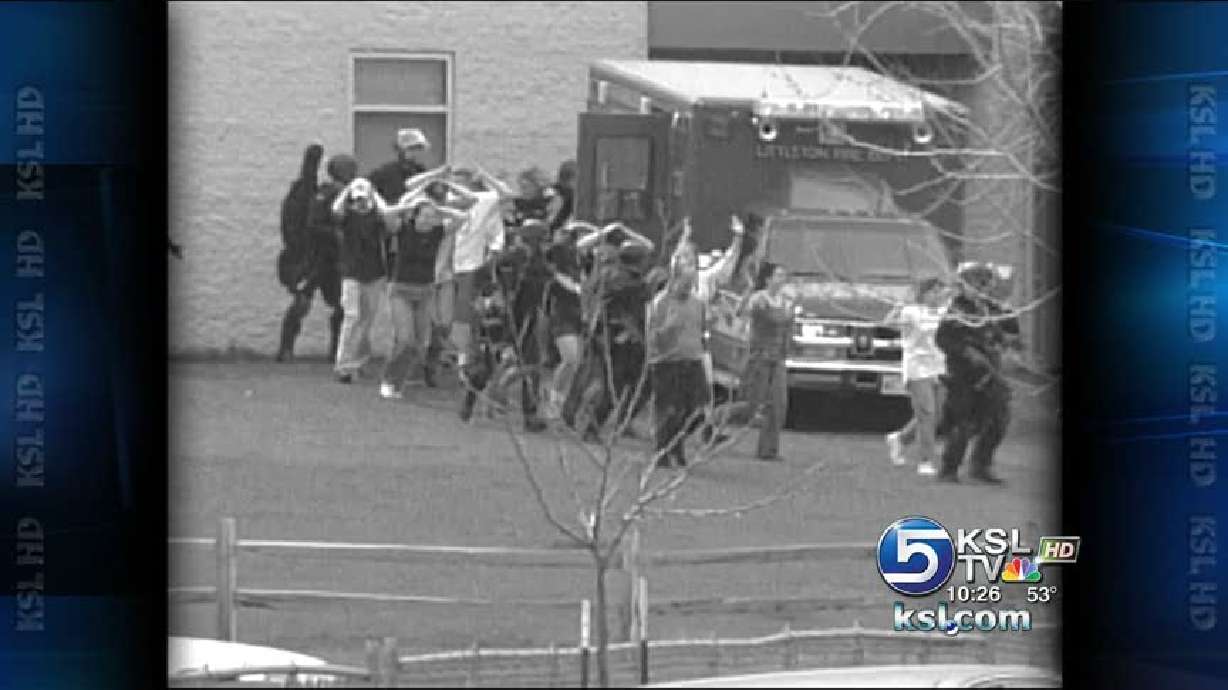Estimated read time: 2-3 minutes
This archived news story is available only for your personal, non-commercial use. Information in the story may be outdated or superseded by additional information. Reading or replaying the story in its archived form does not constitute a republication of the story.
Ten years after Columbine, Utah school officials say not only have there been many physical changes when it comes to safety, but there's been a major philosophical shift as well.
"I think generationally, we're more willing to talk about and share out problems like depression, not fitting in, identity issues," said Brett Wilson, program specialist for student intervention in the Jordan School District.
Wilson and others also believe students are more willing to talk about potential threats. He said, "The code of silence has been broken."
Wilson said one of the biggest lessons learned from Columbine and similar shootings is that the perpetrators often let somebody know in some way about their plans. Now, Wilson said, "When somebody says something, everybody takes it seriously."
Granite School District spokesman Ben Horsley agrees. "I think the biggest dramatic shift that we've seen is trying to help students recognize their responsibility in trying to keep their school safe," he said.
Wilson believes it has made a difference. "We have had experience in kids informing assistant principals or counselors about potentially violent situations that were averted because a kid told an adult," Wilson said.
Both the Granite and the Jordan districts participate in a program called Rachael's Challenge; named after Rachael Scott, one of the first victims killed in Columbine.
Among other things, the organization challenges students to eliminate prejudice and carry out small acts of kindness. In the Jordan District, Wilson says they're using it as a stepping stone to create teams of students to do things to support other students.
School policies and practices have changed as well. In most schools, the only public door now is the front door, cameras monitor hallways and classrooms, schools practice lockdown policies and they've worked with law enforcement to create command and response plans.
But Wilson does not think any of the changes have traumatized students. "Our own personal experience of going through airports is more intrusive than what we're doing," he said.
E-mail: mgiauque@ksl.com








